History does not repeat itself, but it is always strikingly similar. The seeds of the future are buried deep in the past. Whenever we look back, we will find that many problems now have already had basic answers in the past. But even so, you still don't know anything about the future! This is my confusion and admiration for technology. Now, specifically, it's Web3.0 - the next-generation Internet, what should it look like, evolution? Is it fusion? Or a deeper level of domination?

Before we talk about this concept, let's first understand the relationship between the Internet and the WWW. The former is a communication network that connects terminals from different vendors around the world through TCP/IP protocol. If your device has been authorized to access the network, then you have gained the ability to communicate with the world on an equal footing.
The latter WWW is another revolution. Unlike the Internet, it connects data content rather than physical devices. It was proposed in 1989 by Tim Berners Lee, the father of the World Wide Web. He described the "web" as a network of information systems interconnected by hypertext links, a network composed entirely of content and accessed via hyperlinks. The text, images, sounds, animations and all kinds of information we see can be opened through WWW + a string of mysterious numbers, and then browse the content of the whole web. In other words, the WWW is the largest electronic database in the world today. It contains three key technologies: the first is the Uniform Resource Identifier (URI), the second is the Hypertext Markup Language (HTML), and the last is the Hypertext Transfer Protocol (HTTP), which established the most fundamental standard of the web. Because of this, the Internet has been transformed from military equipment to civilian facilities. Nowadays, the Internet in our daily life is basically referring to the WWW. Maybe, many of you may ask, why can’t you feel the existence of hyperlinks anymore? Don’t worry, we will slowly reveal them later.
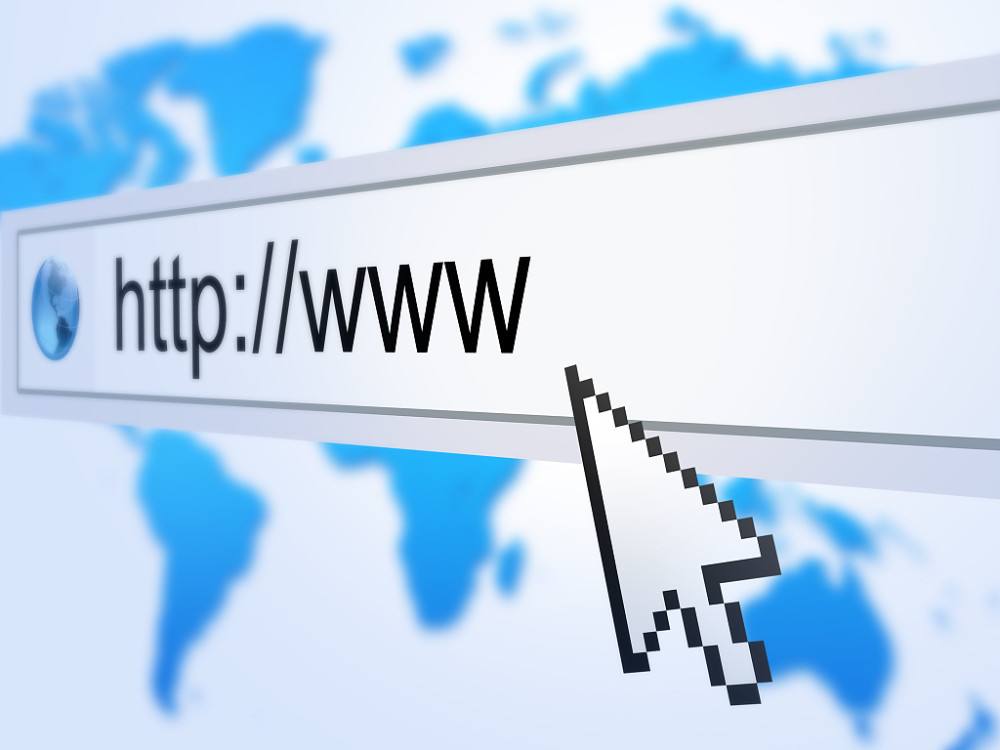
After the WWW, Web1, Web2 and Web3, which everyone is talking about, appeared.
If we want to divide the time, Web1 is probably from 1991 to 2004 – This is an era when host produces content and generates rights. Many well-known companies were born during this time. For them, this is the best era, an excellent opportunity to make wealth. Also it is an era when a group of heroes rises together and competes. Netscape developed the first large-scale commercial browser, Yahoo came up with the Internet Yellow Pages, and Google came later with the search engine. They build portals by displaying information on various web pages, then attract users to click and gained money from customized ads. There are very few content creators in this time frame.
The biggest feature of Web1 is read-only, that is, information feeding. As a user, people can only passively receive information. People who want to publish content on the Web must use their own servers to host the sites, which are mostly read-only, with little interface for users to create content or interact with, and require the users to have professional technical skills to publish content - only programmers knows how to do that, and most users are just consumers of content. Even so, this also let us see a completely different world, a world where we can have a panoramic view of the world without leaving home. Civilization has officially entered the information age.
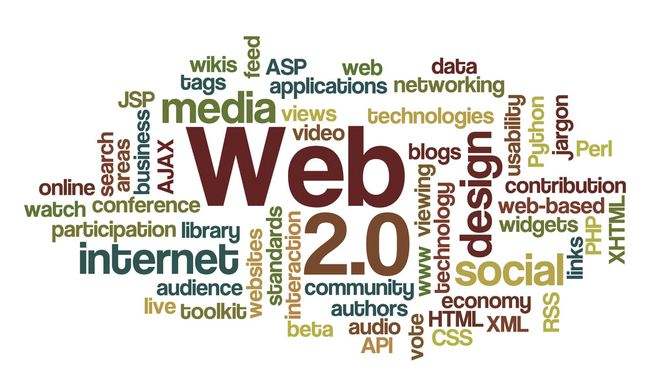
However, with the continuous increase of Internet users, some new problems have gradually emerged. Users are not satisfied with passively receiving information, but prefer to express themselves. From 2005 to 2009, a large number of new products emerged, such as Facebook, Twitter, Youtube, etc. What they all have in common is that "users" are the ones in creating content, while officials have a more important job to do is to manage the platform.
This is a brand-new era. The whole Internet has received a revolutionary baptism in terms of concepts and ideological systems: it has changed from a top-down Internet system dominated by a small number of resource controllers to a bottom-up Internet system dominated by the collective wisdom and power of the vast number of users. As users, we can not only gain more and more right to speak, but also embrace creativity. The whole Internet has become richer and more exciting.
Later, the gradual popularization of smartphones and the arrival of the "mobile era" instantly opened up a new battlefield in the Internet world, which means that the original pattern and user habits may be broken and reconstructed, which means that people's fragmented time can also be seized and occupied. New opportunities came. In this era, countless people had benefits from the "mobile Internet" era and their own development of the App to achieve great success.
In the process, Apple has dramatically accelerated the progress of the Internet, officially ushering in an era of more monopolistic, more closed, but really super-convenient Internet! Apps started to make traditional HTML and URL become useless, making the Internet into islands of information!
Perhaps most Internet users do not feel this change, because they rely on smartphones to entertain their daily life, so many people think that the mobile internet is an extension of the Internet. But it's not. These are two completely different worlds, using completely different rules. As Internet practitioners, we use the desktop Internet and the mobile Internet at the same time, and we can deeply understand that these are two worlds of completely different logic. The former still maintains the mode of page + link, users can freely filter the information, and classify and combine them according to their needs, and we can open the information from any channel through the browser. But the latter is apps are closed and separated from each other, and cannot achieve direct jumps. Even if there are some application scenarios that can use links, they will be forced to interfere due to manufacturers' extreme demands for data, for example, Twitter blocks the link of Instagram. Facebook/WhatsApp blocks Telegram links, etc.
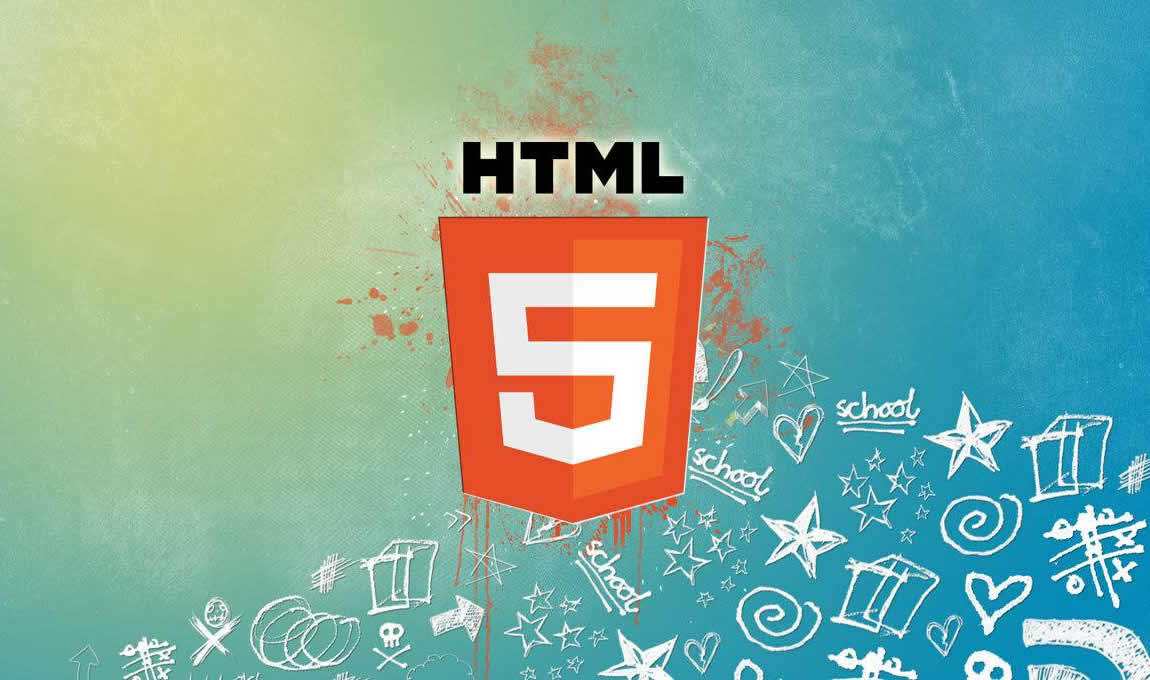
For this reason, there was a big debate between Html5 and native App in the industry at that time. The core of the debate was who is the future of the Internet. Of course, the result was obvious. As users, we preferred Apps than the traditional Internet HTML page + link. But in today's view, from Web1 to Web2, it has not moved towards a more open and free world yet become even more closed and conflicted. This is a very interesting phenomenon, is also a question worth pondering and exploring.
History always goes back and forth, and the imprint left by each stage has the shadow of the future. Without Apple’s wake up App Push, Push App mode to suppress browser, kill Flash and other extreme practices, the mobile Internet would not be able to initiate, nor could we see the series of criticism brought by this era. It is a trigger for us to explore the potentials of Web3.
Originally, Web2 hoped to create an Internet world where users and platforms could achieve each other. Unfortunately, the dragon slayer has grown scales. In the process of the Internet replicating the social and economic structure that exists in the physical world, tech giants firmly take control. Completely shelve the Internet spirit of "freedom, equality, openness, cooperation and sharing". With so much information and data transferring online, the problem of centralization becomes more prominent.
The problem caused by it, in addition to cutting the Internet into isolated islands, is that every application is a dedicated database driver.
Because Web1 is read-only, there is little glamour in the data. In Web2 era, users can greatly participate in the construction of the Internet, and even become a part of the Internet. But there are data abuse and algorithm hegemony caused by data monopoly, which everyone may not be able to understand what happened behind it, but you vaguely feel that the giants are watching us. We are under surveillance!
So, who should own the data?
This is the key issue for Web3 to think about. Although there is no standard definition for Web3 at present, it is conceivable that it must be an era in which date property rights are returned to the creators and the rational distribution of value is achieved. Here, everyone will have their own unique digital identity and be in real control of their own data. In order to obtain users' data, Internet giants must first obtain users' permission, and they must pay users' "usage fee" to package and sell the data to advertisers or make recommendation algorithms, instead of the current situation where users have no choice but to agree to the user agreement of the App and are forced to give up their data. Web3 would fundamentally change the traditional power structure of the Internet world.
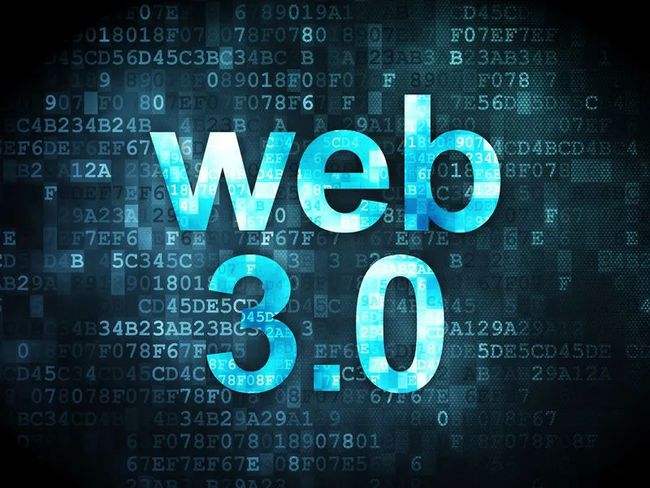
In my opinion, it should have three characteristics:
The first is that everyone has their own digital identity. In the World of Web3, your identity consists of a "key pair", which is easy to understand if you've ever worked with a cryptocurrency wallet. Here, the only way to control your identity or wallet is if you have a "private key," or mnemonic, in that pair. Once you have the private key, you can prove to anyone that you have the "public key" associated with it, which is your external identity, the wallet address. With this identity, you will no longer have to repeatedly sign up for different apps or rely on them to prove that you are you. Users can also encrypt information that only you can decrypt and read without communicating with you, and publish the encrypted info publicly, so that only the holder of a specific private key can decrypt them; at the same time, you can also sign any type of message, such as online voting or contracts. While these might be similar to the Twitter and WhatsApp logins we use, the only difference is that this time, you are actually using "you" to log in.
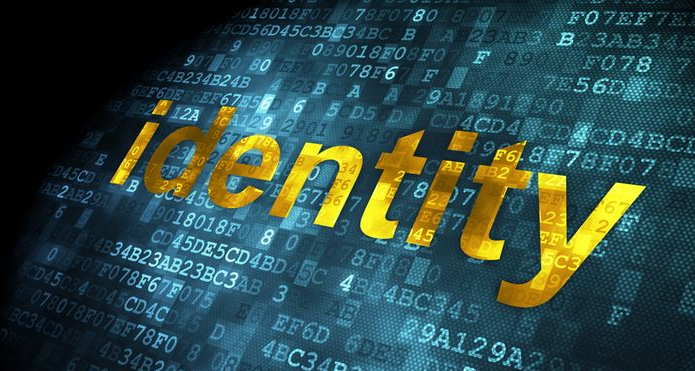
The second is decentralized storage. Everyone will have their own private cloud to store the data generated by the various applications you use and serve you exclusively. In the Web3 era, whether it's your data container and your private server, and it will become the core infrastructure of Web3. It only stores your memories, rather than our data being stored on top of the cloud services of the major Internet companies, where they control everything and recommend what they want us to see. This data will be tied to your digital identity, such as photos, videos and files from the real world, as well as avatars, game items and skins from the virtual world. At the same time, it will also unify all of our smart devices. In other words, our external communication will be connected to the world through a private server at home.

The last is the transmission and distribution of value. Web2 mainly solves the transmission of information, but it cannot fundamentally realize the circulation of value, so that it has to rely on Internet giants to distribute value, which leads to the phenomenon of "corruption" in the real world. The key problem is that the value of content cannot be directly monetized. In Web3 age, any content includes works, pictures, text, voice and so on is an independent digital account, binding it with the original author's digital identity, the process of spreading content is the course of value transfer, users decide the size of the value. Every user is both a consumer and a value creator. Each transmission will bring more benefits to the original author.
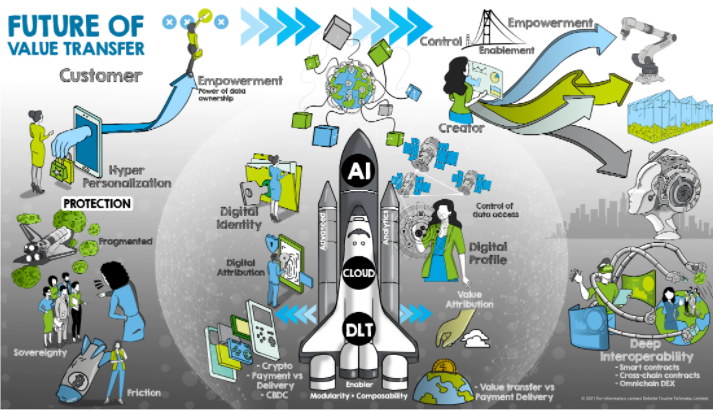
Of course, all of the above are in the exploratory stage. We believe that in the coming years there will be countless experiments to verify the feasibility of the Web3. It is undeniable that these infrastructures and technologies will jointly build a protocol world on the platform. No technology has more potential power than coordinating people’s actions toward a common goal, and that’s the beauty of Web3. We talk about Web3 now just as we talked about Web2 20 years ago. Disruption and turbulence usually signify that a technology on an upward curve and ready to enter the stage of history. As we approach a world increasingly controlled by technology, we need to keep a clear mind and the ability to think independently so as not to become a slave of technology.
This is a new future, and we don't know how long it will take, but it will always require someone to pull the wheel of history, to fight against those seemingly unshakable monsters. The Internet has only been born for 50 years but it completely changed the human history. I am extremely curious and full of expectations. In the next 50 years, what will the world be like? Although we don't know exactly, it is certain that it will be an Internet world that can be truly owned by users.
 Web3News
Web3News



